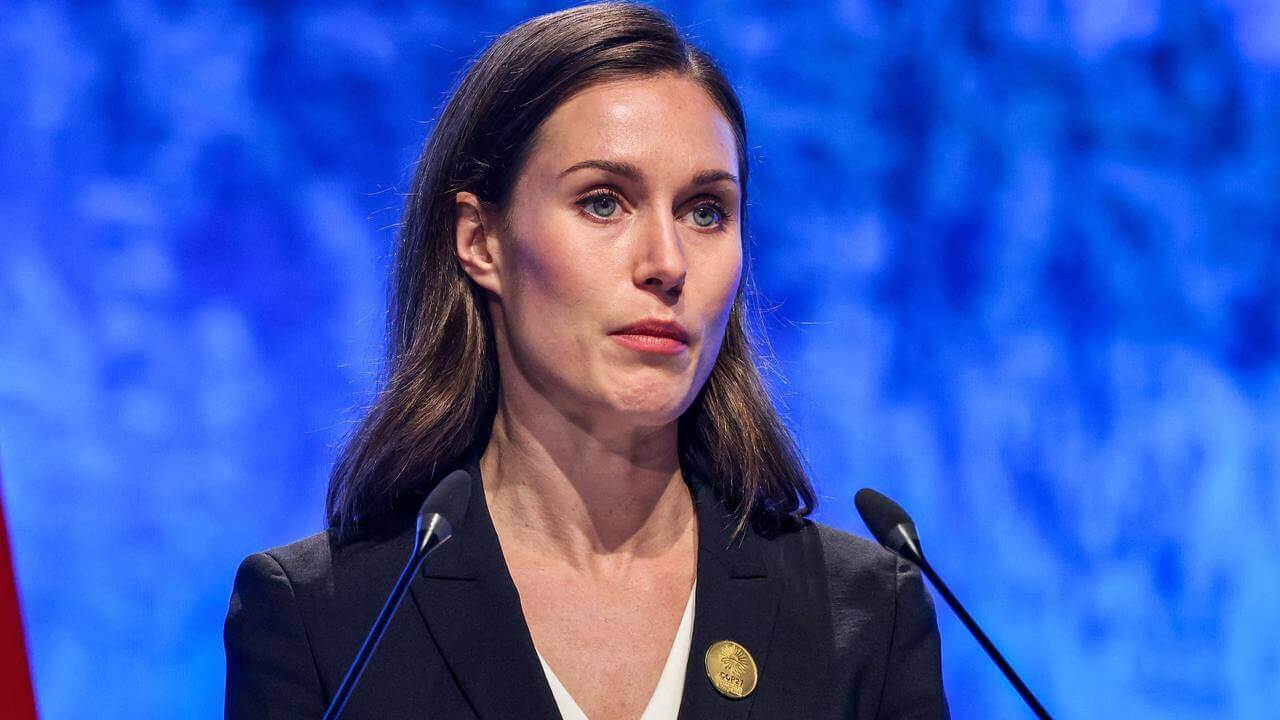Finnish PM Sanna Marin stepped down on Sunday after conceding defeat to centre-right leader Petteri Orpo, who led the National Coalition Party to victory and secured the highest number of votes. The far-right Finns Party secured record-high votes, coming second by a difference of merely 0.5% of the votes.
India and Malaysia have agreed to settle bilateral trade in the Indian Rupee (INR) through an initiative launched by the Reserve Bank of India. New Delhi seeks to facilitate exports and imports in INR, as an alternative to the US Dollar, to catalyse the growth of global trade.
During a meeting in Tokyo on Sunday, Chinese Foreign Minister Qin Gang told his Japanese counterpart Yoshimasa Hayashi that Japan’s new export curbs on semiconductor equipment will “only further stimulate China’s determination to become self-reliant.”
Japanese PM Fumio Kishida told an Upper House budget committee meeting on Monday that his government will continue to urge China to swiftly release a detained Astellas Pharma employee, and also provide as much support as possible, including by contacting his family. The employee had been detained on suspicions of “engaging in espionage activities,” according to a statement made by the Chinese foreign ministry in late March.
On Sunday, Saudi Arabia and other major oil-producing countries (OPEC+) announced an oil production cut of over one million barrels per day from May till the end of 2023 — a move that many predict will further destabilise the global energy market. Experts note that the move could raise global oil and gas prices. The decision could also further strain ties between the US and OPEC+ members, as Washington has called on the alliance to increase production to reduce prices.
Reuters reported on Sunday that Saudi Arabia plans to invite Syrian President Bashar Al Assad to attend an Arab League summit in Riyadh in May. This would act as a further push to end Syria’s regional isolation. Damascus was suspended from the League in 2011 following the eruption of the civil war.
Following Russian President Vladimir Putin’s announcement last week that his country would station non-strategic nuclear weapons on neighbouring Belarus’ territory, the UN Security Council met to address the resulting concerns. “When it comes to issues related to nuclear weapons, all states must avoid taking any actions that could lead to escalation, mistake or miscalculation,” said Izumi Nakamitsu, UN High Representative for Disarmament Affairs. She further called for Russia and the US to fully reimplement the New Strategic Arms Reduction Treaty (START) “for the sake of all our security.”
Russian Ambassador to Belarus Boris Gryzlov said Sunday that Russia would deploy its tactical nuclear weapons close to Belarus’ western borders with NATO to “ensure security.” Gryzlov confirmed that the storage facility would be completed by 1 July, as previously announced by Russian President Vladimir Putin, without specifying where the weapons would be stationed. He added that this would be done “despite the noise in Europe and the US,” further escalating the tensions between Russia and the West.
On Monday, Wagner Group chief Yevgeny Prigozhin claimed to have hoisted Russia’s flag in Bakhmut’s city hall after capturing the eastern Ukrainian town following months of intense fighting. Detailing the incident on his Telegram channel, Prigozhin stated, “From a legal point of view, Bakhmut has been taken. The enemy is concentrated in the western parts.” Meanwhile, Ukrainian President Volodymyr Zelensky, in his nightly video address on Sunday, offered no indication of Bakhmut falling to Russia, only acknowledging that Bakhmut remained “particularly hot,” and thanking Ukrainian soldiers for their efforts.

